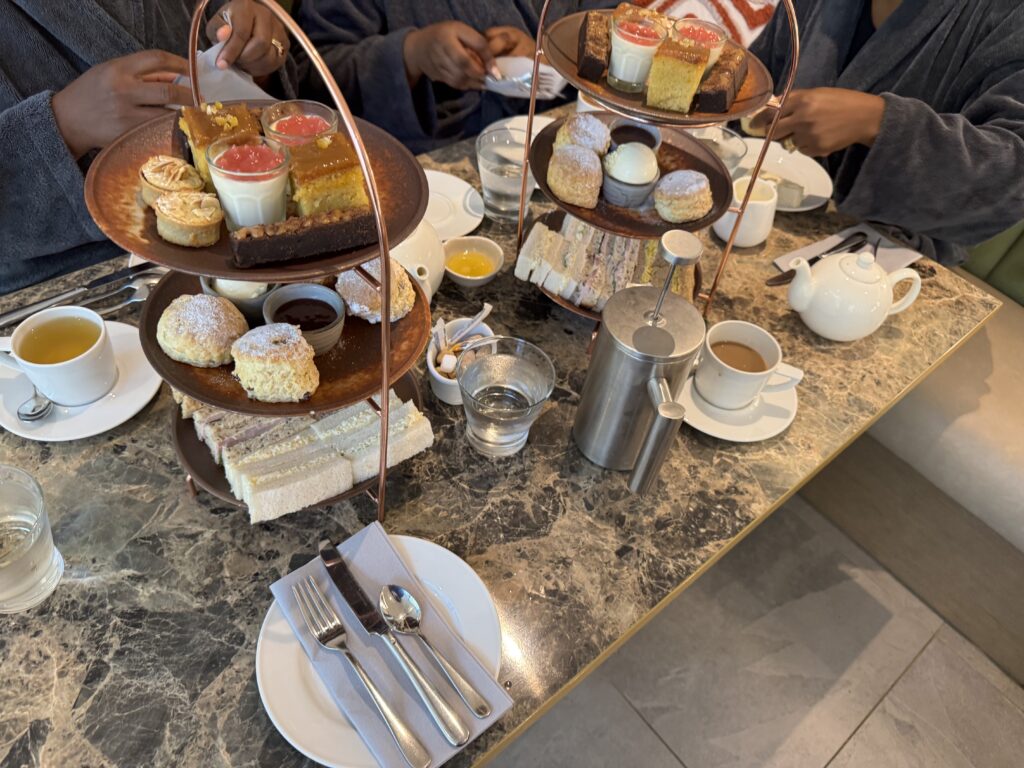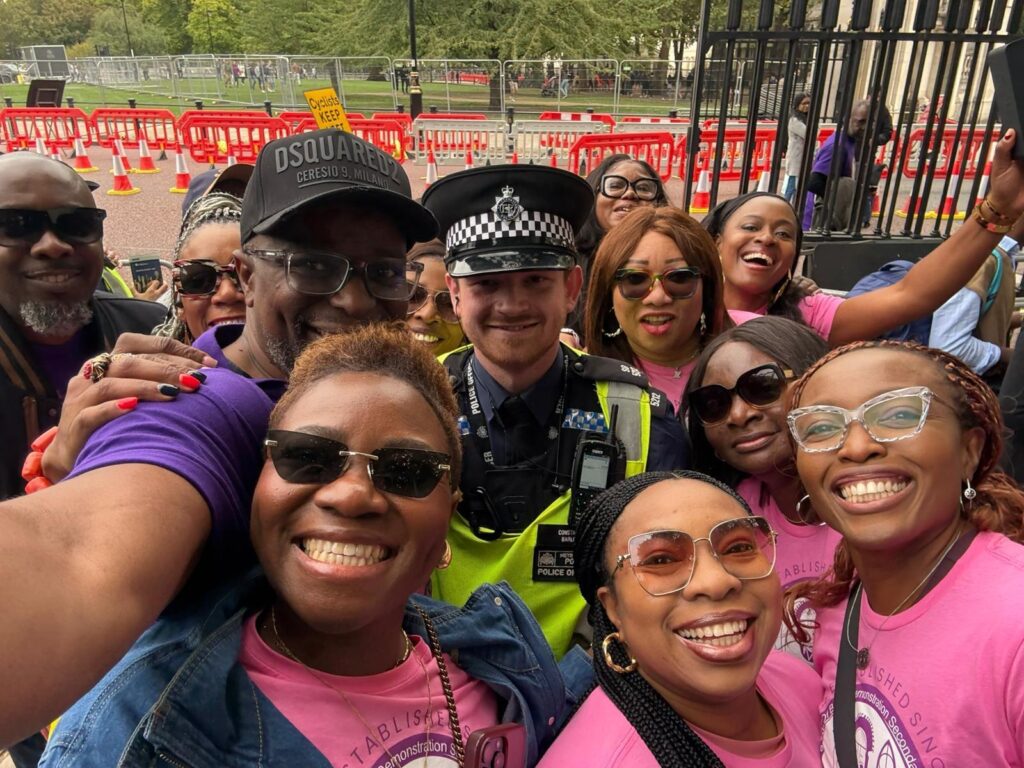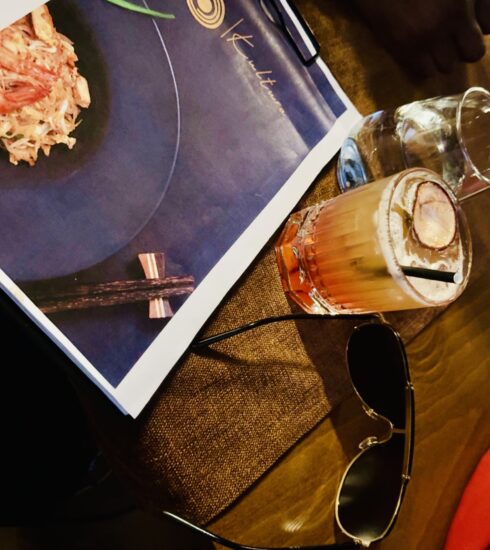Untold Truths: The Children Who Remain
It started as a simple reunion — a handful of childhood friends gathered for lunch, a few flying in from out of town, determined to turn an ordinary afternoon into a boozy one. There was laughter, stories, inside jokes from decades ago, and the easy comfort that only comes with people who knew you when your life was still forming.
Somewhere between the second bottle of rosé and the dessert menu, the conversation drifted toward childhood — our parents, our homes, the lives we came from. One of the girls mentioned her parents were about to celebrate their 50th wedding anniversary. There were gasps and raised glasses. “Fifty years! That’s half a century. Imagine.”
But that single sentence changed the tone of the table.
We began to compare — our generation, the late-forties crowd, the tail end of Gen X — to our parents, the baby boomers. Their marriages, we realised, were built differently. Many of them had stayed together not out of romantic bliss but out of duty. Some of those unions were arranged; others were simply inevitable. You met someone who ticked the right boxes, your families agreed, and you made it work — or you didn’t, but you stayed anyway.
They would often say they “did it for the sake of the kids.”
We all nodded because we had been those kids. We remembered the arguments muffled behind closed doors, the long silences at dinner, the tense holidays where smiles were rehearsed for the camera. We grew up in homes that were stable but not always peaceful, where endurance was praised but emotional connection was optional.
One of us, the most outspoken of the group, said what we were all thinking. “Honestly, we would have been better off with two happy single parents than two miserable married ones.”
It was a bold statement, but it hit home.
Another disagreed gently. “Maybe. But there’s something to be said for security. At least they stayed. We didn’t have to pack bags every weekend or divide holidays. We always came home to both of them. Even if they weren’t exactly happy, they were there.”
And that was the rhythm of the afternoon — reflections and rebuttals, laughter and memories, as we realised there were no neat conclusions. For every friend who felt her parents’ marriage had harmed her view of love, there was another who felt their endurance had shaped her sense of loyalty. For every child of divorce who grew up stronger for it, another still carried the ache of instability.
The truth, we agreed, is that there is no single formula for family. Every story is its own ecosystem. Some marriages deserved to end; some divorces were necessary. Others survived the hard years and eventually found peace.
Someone else chimed in, “Maybe that’s the difference between them and us. They were taught to stay; we were taught to feel. They prioritised duty; we prioritise happiness.”
We fell silent for a moment, considering it. Because neither side has it completely right. Their generation endured too much. Ours, perhaps, gives up too soon. They stayed even when they shouldn’t have; we sometimes leave before we should. Maybe wisdom lies somewhere in between.
As the sun began to dip, we raised our glasses again — not to perfection, but to perspective. We toasted our parents, in all their contradictions, for trying in the only ways they knew how. We toasted ourselves for learning to speak about what they couldn’t. And we toasted the children who remain — the ones still unpacking what it means to have grown up in homes that were either too silent or too loud, too together or too apart.
Every generation rewrites the rules, but love remains an experiment, never a science.
And perhaps this is the #Unshakable truth: that there is no one right way to love, to leave, or to stay. Every family carries its own story, its own scars, its own strength. What matters is not how long the marriage lasted, but what kind of peace it left behind.
‘See’ you next week.

IG Handle: @unshakable.is.a.state.of.mind






